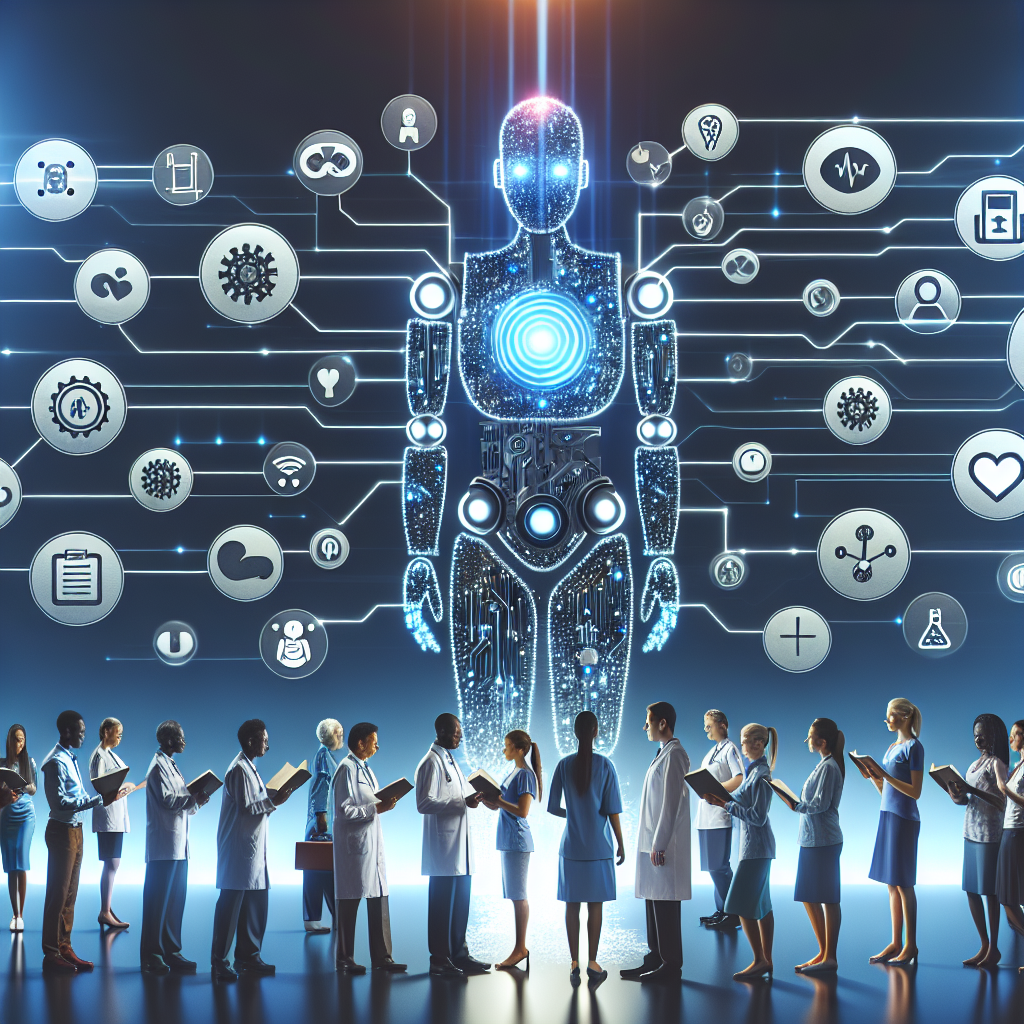Artificial intelligence (AI) is revolutionizing the healthcare industry in many ways, one of which is patient education. Patient education is a critical component of healthcare that helps patients understand their conditions, treatment options, and how to manage their health effectively. With the help of AI, patient education can be made more personalized, interactive, and accessible, leading to better health outcomes for patients.
AI-powered patient education tools can provide patients with customized information based on their specific needs and conditions. These tools can analyze a patient’s medical history, symptoms, and preferences to deliver tailored educational content that is relevant and easy to understand. For example, a patient with diabetes may receive information on how to monitor their blood sugar levels, manage their diet, and exercise regularly to control their condition.
Additionally, AI can make patient education more interactive and engaging by using features such as chatbots, virtual reality simulations, and gamification. Chatbots can provide patients with instant answers to their questions and concerns, while virtual reality simulations can help patients visualize complex medical procedures or conditions. Gamification can make learning fun and rewarding, encouraging patients to stay engaged with their healthcare education.
Furthermore, AI can make patient education more accessible by providing information in multiple languages, formats, and channels. Patients can access educational materials through their smartphones, tablets, or computers at any time and from anywhere. This can be especially beneficial for patients with limited mobility, transportation, or language barriers.
Overall, AI-powered patient education can empower patients to take control of their health and make informed decisions about their care. By providing personalized, interactive, and accessible educational resources, AI can improve patient outcomes, reduce healthcare costs, and enhance the overall patient experience.
FAQs:
Q: How does AI personalize patient education?
A: AI analyzes a patient’s medical history, symptoms, and preferences to deliver tailored educational content that is relevant and easy to understand.
Q: What are some examples of AI-powered patient education tools?
A: Examples include chatbots, virtual reality simulations, and gamification.
Q: How can AI make patient education more accessible?
A: AI can provide information in multiple languages, formats, and channels, allowing patients to access educational materials from anywhere.
Q: What are the benefits of AI-powered patient education?
A: Benefits include improved patient outcomes, reduced healthcare costs, and enhanced patient experience.
In conclusion, AI is transforming patient education by making it more personalized, interactive, and accessible. With the help of AI-powered tools, patients can receive customized information, engage in interactive learning experiences, and access educational resources from anywhere. This innovative approach to patient education has the potential to improve health outcomes, reduce healthcare costs, and empower patients to take control of their health.

